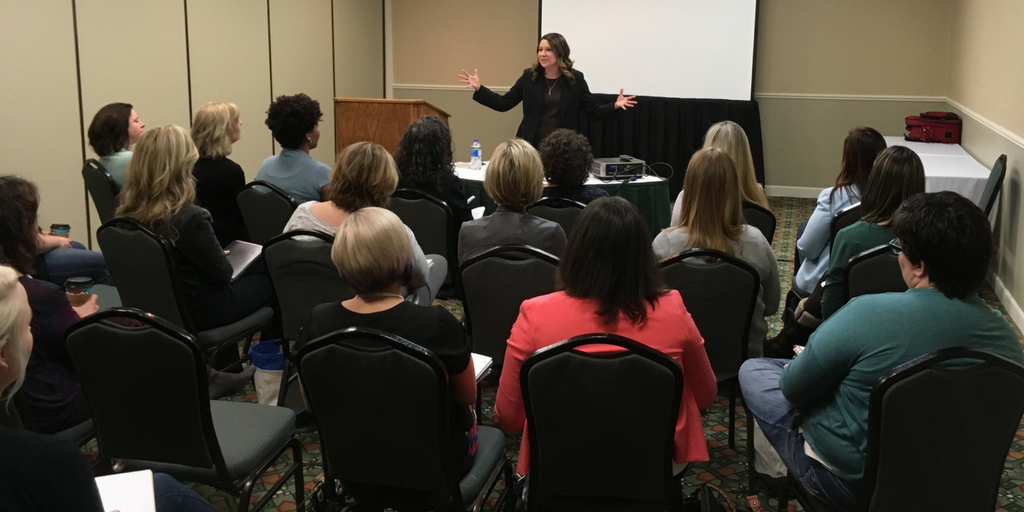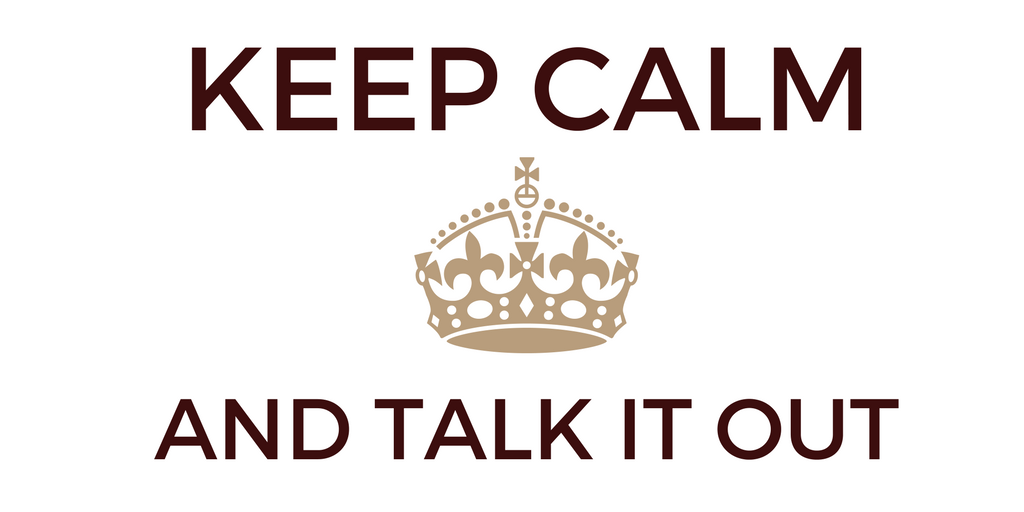
What I Learned From Doing a Ted Talk
By Suzanne Brown
And the Planning Begins
I hung up the phone, feeling both ecstatic and terrified. I had just finished a call with the director of TEDxSMU. I was confirmed to give a talk about a holistic look at why It’s Time to Create Professional Part-time Opportunities for Working Mom at the TEDxSMU Women’s Conference (2016). It was the end of June and the event was at the end of October. I had 4 months to figure out my talk while finishing up the interviews for my book (and still do client work, be the default parent, take care of the household duties, try to maintain a relationship with my husband, all in less than 20 hours per week for the summer months).
The next few months flew by. I hired a friend to coach me, helping me find the right words and the right presence on the stage. And I practiced a lot. A few weeks out from the conference, I worked for a few hours each day on something related to the talk.
TED Talks Are Different
I’m not new to public speaking. I’ve been doing some form of speaking in front of an audience since early on in my 18+ year career. I’ve spoken in front of small groups (10 or less) and large audiences, whether a presentation, seminar, panel, or speech. I’ve spoken on panels and done speeches in front of hundreds, but there were others with me or there was a podium. It can be comfortable to have that podium to hide safely behind. Presentations are easy because you have slides. And I can speak to slides all day long, even with limited words or visuals on a screen, because I usually know my content well.
A TED talk is different. You’re sharing stories, ideas, advice, or something that is new or unique. You’re talking about a new topic or a unique perspective on an often talked about topic. You’re passionate or an expert in this topic. And it’s you and your audience. You have a mic and you’re on the stage. No podium. No notes. Limited slides with limited information. That’s it.
If you’re interested in doing a TED talk, I have some advice for you to consider, based on my own experience:
1. Preparation is integral for a TED talk.
- Understand your motivation for doing the talk. How does it fit into your overall brand and marketing plan? For me the idea behind the talk was to introduce the topic that I was writing about. Essentially, the TED talk set up why my book topic is important. I looked at the two together, not as separate elements of my branding and marketing strategy.
- Practice a lot. Include hand gestures and how you’d like to move around as you’re practicing. You want these things to become second nature.
- Don’t have a memorized talk. I wrote out my talk so that I knew what I wanted to say. I never said it exactly the same way two times in the row, but it helped to have it written out so that I knew the talk well. The day of the event I was told I had to cut 4 minutes from my talk. I had practiced it over and over and it was just shy of 17 minutes. All of a sudden on the day of, it couldn’t be over 13. I had to know what I could cut while doing my talk because I was the first speaker of the day. That required me knowing what I wanted to say incredibly well. I quickly had to decide what was most important and what I thought would most resonate with the audience.
2. There are things to consider the day of that can help with your talk:
- Get to your happy place. You want to be in the right mindset for your talk. Figure out what that is and what will get you there. For the day of, I wanted to be calm and focused. I stay calm by doing deep breathing. I also made sure to get in an early morning workout to help with the butterflies. I had all kinds of things go wrong that morning before getting to the conference, but none of it mattered on that stage. Make sure you know how to go to your happy place before you walk on the stage too. I took a few deep breaths and I was ready to go.
- Water beforehand might help. If you get dry mouth when you talk for long periods of time, that dry mouth sound can clearly be heard through the mic because it’s really close to your mouth. You can’t take water with you, so drink water for 15 minutes before you go on stage. Make sure you have an empty bladder, though, before you do this.
- Speak louder to combat nervousness. If you continue to feel nervous while doing your talk, speak louder, even though you’re mic’ed. You are probably speaking too softly from being nervous and focusing on your volume will remove the focus from being nervous. Plus, there is usually a team managing the mic and video that can adjust the volume if you’re talking too loud.
- Breathe. You are on stage for 4 to 18 minutes (usual length for most TED talks). You must breathe during your talk or you’ll run out of air and sound breathless. That breathless sound might not make you seem the most confident in your talk.
- Slow down. Chances are, you’re probably going to feel nervous. Most people speed up when they’re nervous on stage. Slow down and keep an even pace, unless it makes sense in your talk to speed up at times.
- Get a picture on the stage with your camera. Ask someone to take a picture with your camera (likely your phone). You want someone toward the front of the audience. You can easily get another speaker to do it if you don’t know anyone in the audience. Get them to take more than one picture, so that the only one isn’t with your mouth opened or your eyes closed. And have the camera zoomed in at least a bit if the person is close to the stage or zoomed in all the way if they’re far back.
- Connect with people at the event. Be open to conversation because strangers will share their stories with you, if you make yourself available. You’ll hear how people connected with what you said. You might even get ideas on things to change or add the next time you cover the same or a similar topic.
- Connect with other speakers. Set up time, while at the event, to chat with other speakers or attendees from the event. Have your phone with you, so that you can easily access your calendar. I wish I had done more of this.
3. After the talk is important, too.
- Share soon after the event. Tell people on social media that you did the talk and show your enthusiasm before the video is up. Talk about the event itself.
- Follow up. If you connected with people at the event, especially if you seemed to make a true connection, follow up with them. Mention something you connected over. Try to reach out to them over time to keep that connection going.
- Promote your video. When the video is posted, promote it everywhere. And do that right after it’s posted. Share on social media, on your blog, in conversations, when you’re on podcasts, and on your resume or LinkedIn profile. How you talk about it will change, based on the marketing vehicle. Let it become part of your story. Share, share, share!
So, what will your TED talk be about? Not ready to do a talk? What’s holding you back?
 Suzanne Brown is a strategic marketing and business consultant, advocate for professional part-time working moms, TEDx speaker, thought provoker, and international travel enthusiast. Most importantly, she is wife to a supportive husband and mother to two active young boys. Suzanne’s current passion project is empowering moms to think differently about their career approach and providing a how-to in her book, which will launch in September. She interviewed more than 110 professional part-time working moms and sprinkles their stories, insights, and advice throughout her book. Follow her reflections on all things related to being a professional part-time working mom and get updates on her book launch at www.mompowerment.com.
Suzanne Brown is a strategic marketing and business consultant, advocate for professional part-time working moms, TEDx speaker, thought provoker, and international travel enthusiast. Most importantly, she is wife to a supportive husband and mother to two active young boys. Suzanne’s current passion project is empowering moms to think differently about their career approach and providing a how-to in her book, which will launch in September. She interviewed more than 110 professional part-time working moms and sprinkles their stories, insights, and advice throughout her book. Follow her reflections on all things related to being a professional part-time working mom and get updates on her book launch at www.mompowerment.com.











